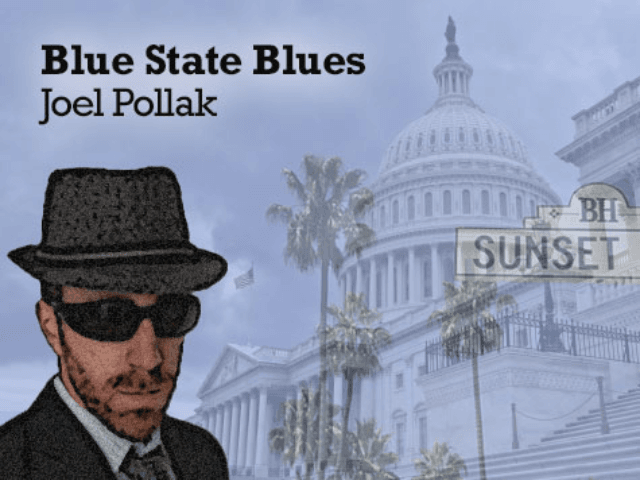Barack Obama’s Iran deal looks worse with each passing day, as America’s enemies grow stronger–with Syria just the latest example.
True, our country has survived diplomatic bungling before.
The Jay Treaty of 1795 between the U.S. and Britain is a prime example. American diplomats negotiated poorly, resulting in a one-sided deal that failed to prevent future war.
Eventually, the country emerged stronger. But that is no guarantee we will do so again.
Lynne Cheney’s excellent biography of James Madison recounts the controversy over the Jay Treaty, which saw many of the same arguments that are used today about the Iran deal.
Madison wrote that the one-sided agreement was “so full of shameful concessions, of mock reciprocities, and of party artifices that no other circumstances than the peculiar ones which mark our present political situation could screen it from universal execration.”
There was even suspicion that members of the administration secretly sympathetic to Britain had undermined the American bargaining position. In particular, Alexander Hamilton, who had just left his position as Secretary of the Treasury, recommended Chief Justice John Jay to be the envoy to Britain, despite Jay’s suspected pro-British bias. Hamilton then quietly informed the British how best to negotiate with Jay to achieve the best deal for themselves.
The Jay Treaty barely passed the Senate, twenty votes to ten. Public outrage against the treaty flared.
In a clash that echoes today in the fight over secret side deals between Iran and the International Atomic Energy Agency (IAEA), which President Obama failed to provide to Congress as required by law, House members demanded that President George Washington “turn over Jay’s instructions and all other documents relating to the treaty,” Cheney writes.
In defending the Jay Treaty, Washington’s political allies warned that rejecting the agreement would lead to war with Britain–a clash for which neither the public nor the military were prepared. President Washington refused to provide the papers that the House demanded, saying “that the only constitutional reason for the House to request the documents was if members intended to impeach him.” An effort in the House to defund the treaty soon fizzled.
Madison was deeply frustrated by the Jay Treaty, which deepened the growing partisan divide in the new republic. He argued that Britain would not go to war if the U.S. rejected the Jay Treaty tried to negotiate a better deal.
In the end, it was Madison himself who would lead the U.S. against Britain in the War of 1812, fought partly to address grievances that the Jay Treaty had failed to resolve, such as the impressment of Americans into the British Navy.
But the Jay Treaty was not a total loss. As George E. Condon Jr. wrote in July at the National Journal, the Iran deal follows the Jay Treaty in a long list of international agreements that have been broadly opposed by the American public. Many of these, Condon argues, were later vindicated.
Yet the Iran deal is no Jay Treaty.
First, it is not a treaty–though it ought to be considered one. Obama, unlike Washington, simply ignored the Constitution.
Second, the Jay Treaty was rescued by the expansion of U.S. power through other efforts, such as Pinckney’s Treaty, which opened the American interior. Obama, by contrast, is diminishing our role in the world.
Third, and most worrying, while the Jay Treaty bought time for the U.S. to grow stronger, the Iran deal buys time for Iran to build its military.
The story of the Jay Treaty should not, therefore, offer false comfort–but an urgent warning instead.

COMMENTS
Please let us know if you're having issues with commenting.